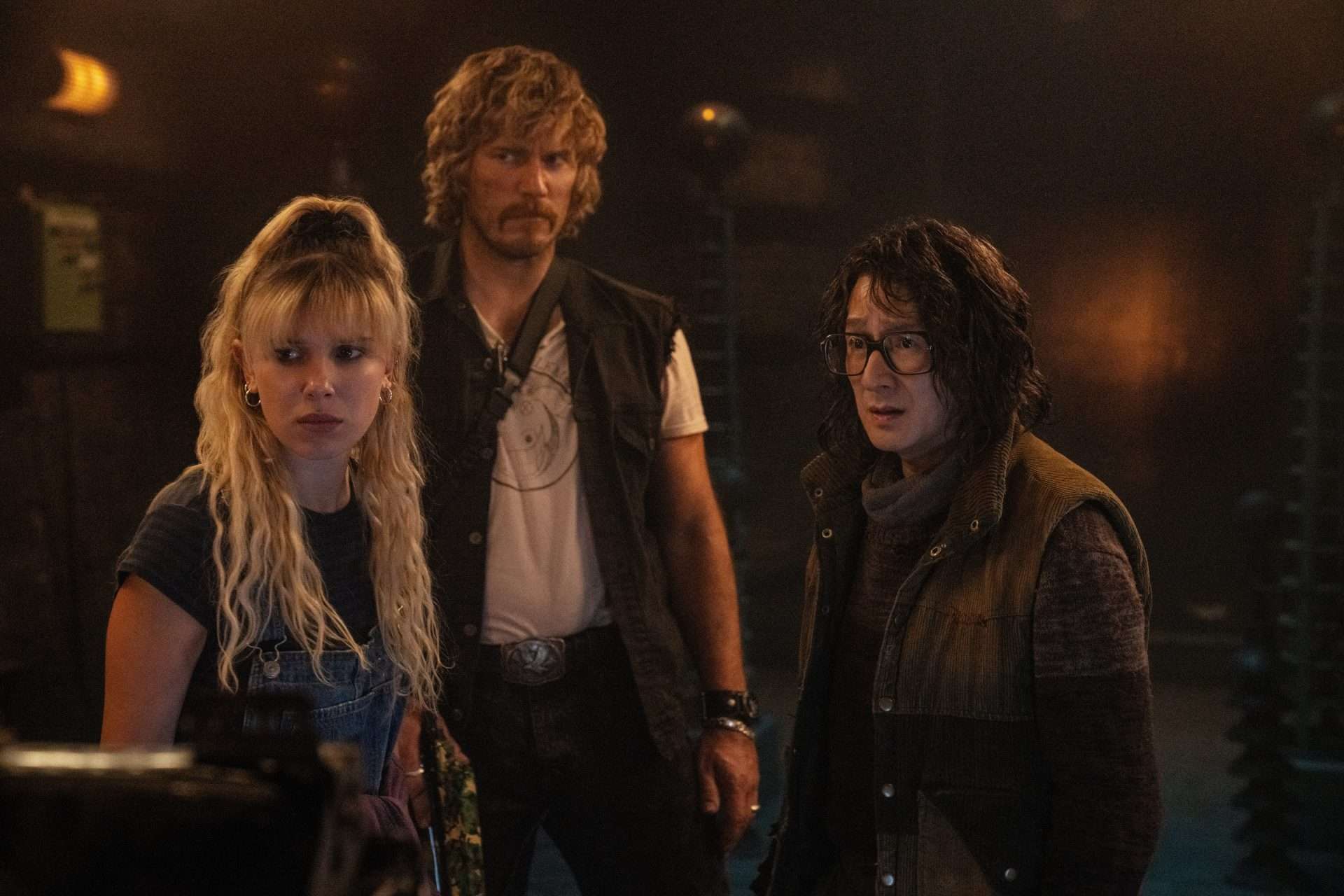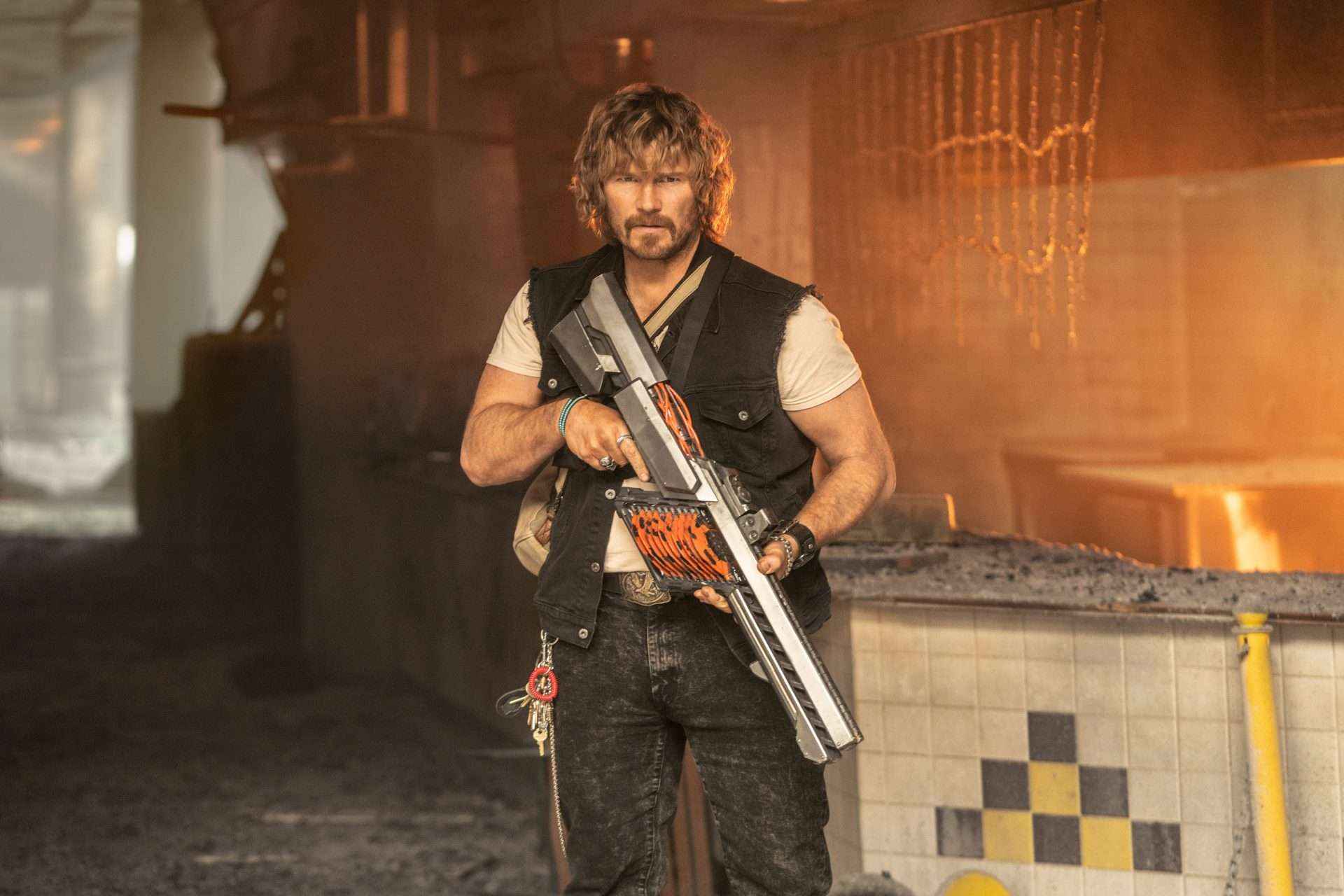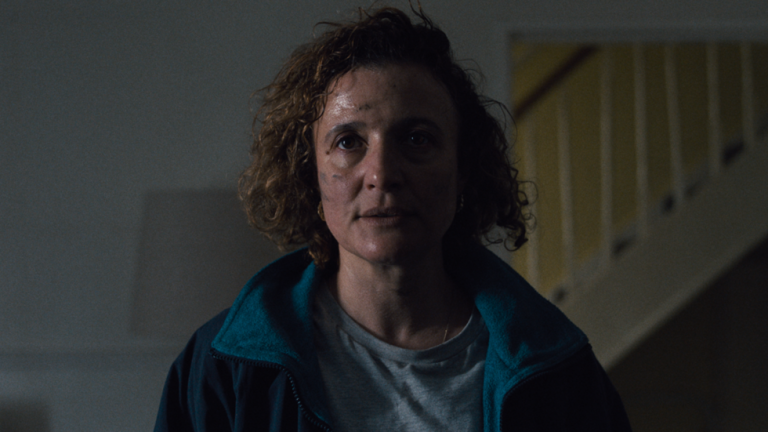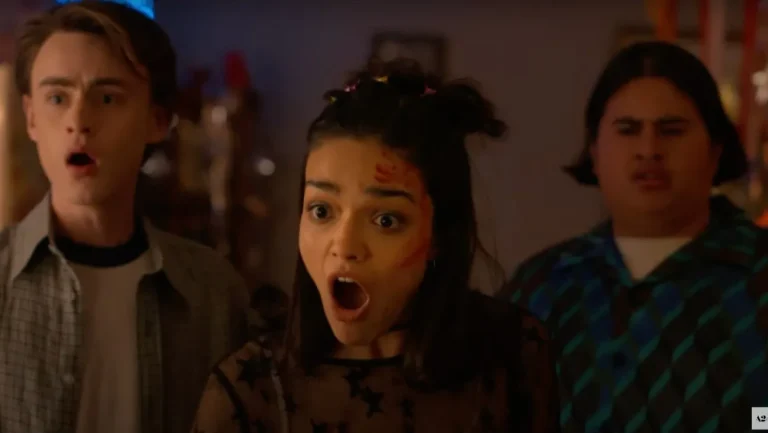The Russo brothers hate cinema. This much they’ve made abundantly clear time and time again, from prodding at a one-sided beef with Martin Scorsese (“This is my dog; his name is Box Office”) to expectedly being among the first blockbuster filmmakers to sell out to AI (“I want a movie starring my photoreal avatar and Marilyn Monroe’s photoreal avatar”), but don’t be misled; Anthony and Joe Russo hate everything cinema represents. They hate theatrical exhibition, they hate critical assessment defined outside the realm of hard numbers, but most of all, dear reader, they hate you.
Unfortunately, because this is in fact the Russos we’re talking about, the sort of venomous hatred being discussed here isn’t of the variety that gets spun into artistic gold. Some artists can channel their unbridled vitriol into summer anthems systematically annihilating Drake’s credibility, but other “artists” do for sheer fun exactly what the Russos’ own boogeyman was forced to do out of necessity when he made “The Irishman”: piss away a truckload of Netflix’s money. Enter “The Electric State” (2025), a $320 million mock-blockbuster made with all the enthusiasm of a T4 tax slip.
That enthusiasm is clear from the opening seconds, as a title card in stock-’90s lettering informs us that it is, indeed, the ‘90s. Specifically, this is the ‘90s “before the war,” which “The Electric State” will quickly tell us means just prior to a robotic uprising that led to all-out catastrophe; bots initially made for menial manual labor have evolved in consciousness, and have declared war on the human race. Sound familiar? Well, “The Electric State” differs in that its own skirmish is long over by the time we’re supposed to care about why.

Having lost the war thanks to some generic VR drone technology courtesy a totally-not-at-all-evil tech magnate, the robots have been cast out into some vague concentration camp-adjacent wasteland. This is of no concern to foster child Michelle, until a spunky robot—the mascot of her deceased brother’s favorite TV show, who only speaks in that character’s catchphrases—shows up on her doorstep claiming to be his consciousness. Now, Michelle is intent on venturing out into the desert to find the body of the beloved brother she’s long thought to be six feet under.
Along the way, Michelle (played by three-time Netflix lead and fellow cinema denigrator Millie Bobby Brown) buddies up with some ne’er-do-well man-child who only speaks in soft-hearted sarcasm; you might be caught off-guard to learn this man is played by Chris Pratt. Together, they find themselves chased by a seemingly psychotic, stone-faced colonel; you’ll be absolutely shocked to learn they got Giancarlo Esposito for this role. And, naturally, this leads them all to the aforementioned entirely trustworthy and omnipresent Steve Jobs-type; hold onto your birches folks, because the Russos went all the way outside the box for this one and called up Stanley Tucci.
Read More: Renner (2025) Movie Review: Pointless, Shambling AI-Human Drama that Goes Nowhere
Obviously, there’s nothing inherently wrong with any of these casting choices (well, most of them, anyway), but they’re all indicative of the corporate Mad Libs-style ethos with which the entirety of “The Electric State” is cobbled together. Brown is perhaps the biggest guilty party in that respect, as she is both certainly one of the main reasons for the film’s excessive price tag and the greatest argument against it. Even if we didn’t already know outside the context of the film that the actor is only in this business for the paycheque (at least Pratt pretends like he’s in everything ever made for the love of the game), it’s made abundantly clear in each half-hearted line-read the Russos let her get past the final cut.

Brown has been acting for Netflix in front of greenscreens since childhood, so it’s no wonder, in her defense, that this hasn’t exactly fostered a burgeoning love for the craft of capital-C Cinema. Still, her comfort in front of these fake environments hasn’t fostered a sense of investment in their creations either, as her monotonous onscreen presence, mixed with Pratt’s forced basement-boy charm (writers Christopher Markus and Stephen McFeely are still all-in on MCU quips masquerading as personality), does nothing to give “The Electric State” anything resembling a pulse.
That the Russo brothers manage to put some of that Netflix green to good use as far as the textures of their dominant robotic supporting cast is mildly impressive, but whatever grace is granted by their technical incorporation is immediately shot down by a severe lack of momentum and dizzying ugliness surrounding those mechanical creations. All of the film’s mockbuster action sequences are set in either a desolate desert or the eternally grey skyline of Seattle, and each of them moves with all the fluidity of a janky, rusted conveyor belt.
Whatever message Joe and Anthony Russo are trying to impart about technology (particularly given their own instant subservience to it) is, much like their film’s chosen alternate reality mid-1990s setting, not even worth more than a cursory glance. By the time its corporate-mandated two-hour runtime is up, it’s clear that analyzing a sense of purpose in “The Electric State” is about as worthwhile as dissecting literary merit from a parking ticket. In either case, all you’re looking at is a disposable reminder of money being drained from your pocket as you sit back, gobsmacked and a little perturbed, and just watch.







![One and Four [2022]: ‘NYAFF’ Review – Defying the Perception of absolute truth and the fallacy of its adequacy](https://79468c92.delivery.rocketcdn.me/wp-content/uploads/2022/07/ONE-AND-FOUR-Movie-Review-1-768x512.jpeg)
